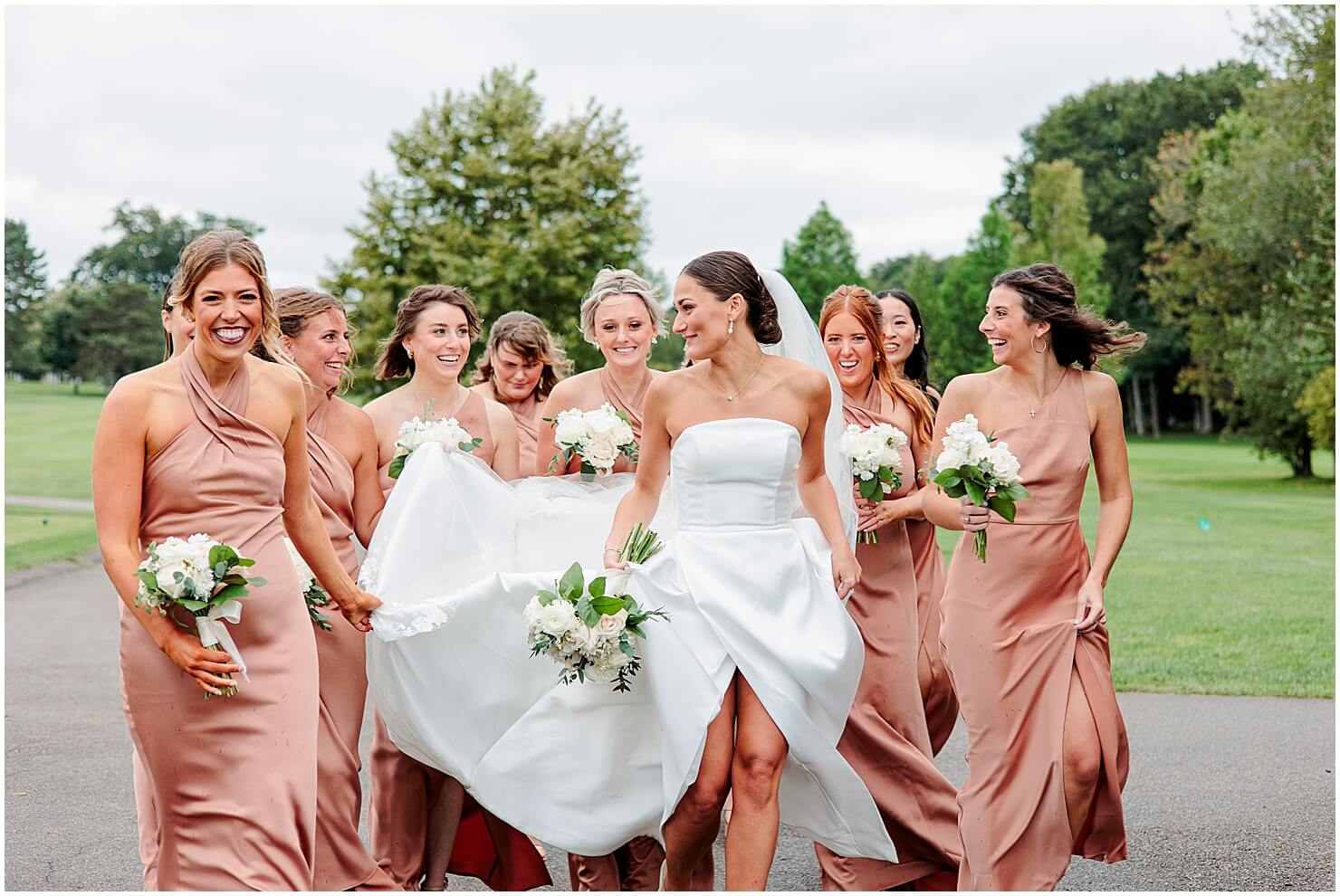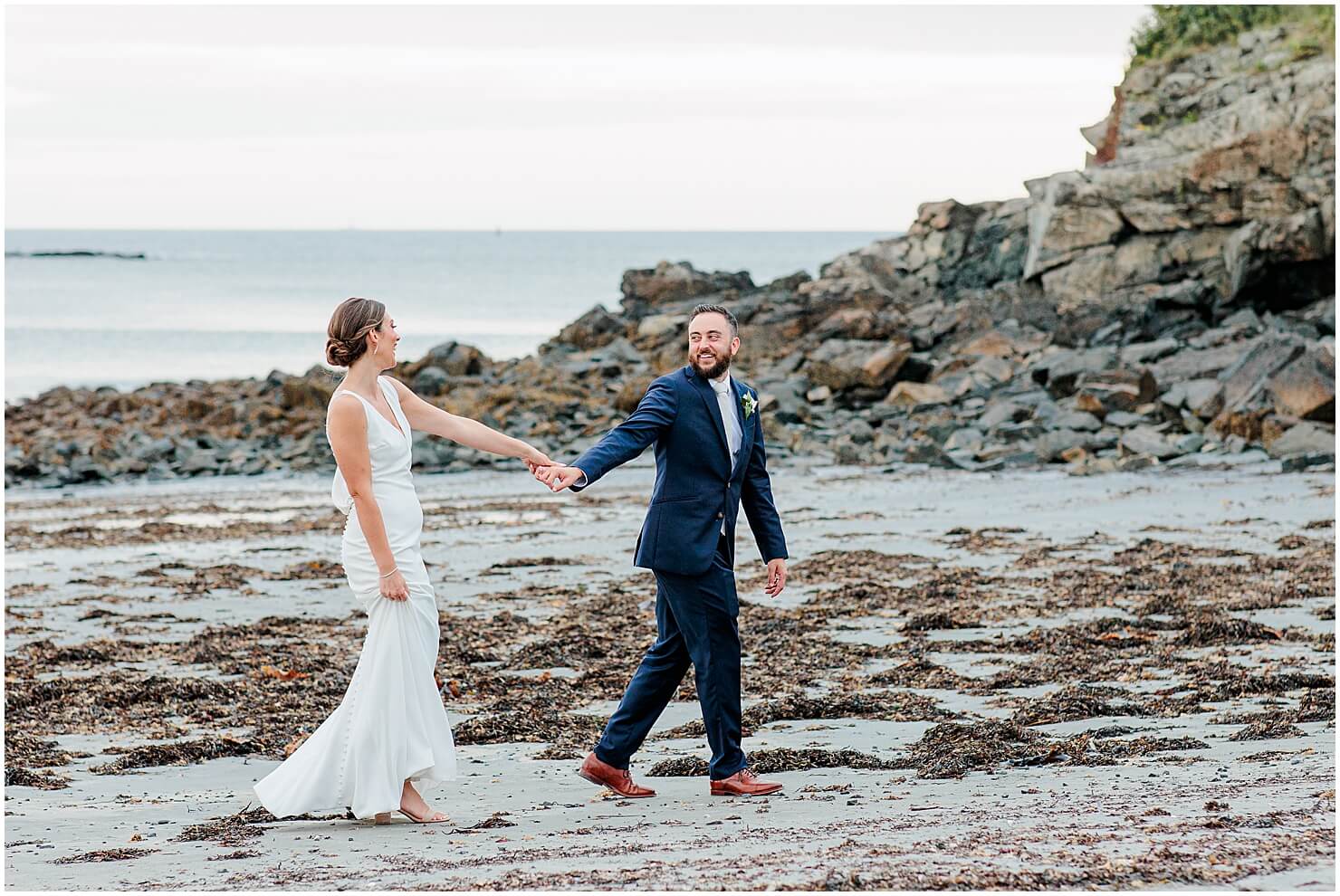Starting a photography business can be an exciting adventure filled with endless possibilities. From capturing beautiful moments to building your own brand, it’s a journey that can be both challenging and rewarding. Sometimes having a checklist for starting a photography business can be super helpful.
I’m a big fan of checklists. There are so many things to consider, it’s important to stay organized and focused to make sure you’re set up for success.
So, to help you get started on the right track, we’ve put together a handy checklist of things to think about when starting a photography business.
With this guide, you’ll be ready to take on the world of photography and turn your passion into a thriving business!
Equipment
Before you can start taking pictures, you need to have the right equipment. Here are some things you will need:
- Camera – A good quality camera is essential for a photography business. Consider what type of photography you will be doing and choose a camera that is appropriate for that style. This doesn’t have to be the best of the best. The best images come from skill, not necessarily the most expensive camera.
- Lenses – Different lenses are needed for different types of photography. Some lenses are better for portraits, while others are better for landscapes or action shots.
- Flash – Good lighting is important for any type of photography. You may need to invest in lighting equipment if you plan to do any indoor photography or if you want to take photos at night.
- Editing software – You will need editing software to edit your photos and make them look their best. I use Lightroom for a majority of my editing.
Legal considerations
Starting a photography business also involves some legal considerations. Here are some things to keep in mind:
- Business registration – You will need to register your business with your state or local government. For most this will be a yearly LLC report filing with your state.
- Taxes – As a business owner, you will need to pay taxes on your income. Make sure you understand the tax laws in your area and save appropriately.
- Contracts – You may need to create contracts for your clients to sign. This can help protect you in case of any disputes.
- Insurance – Consider getting liability insurance to protect yourself and your equipment in case of accidents. Many upscale venues require proof of insurance.

Marketing
Once you have your equipment and legal considerations sorted out, it’s time to start marketing your business. Here are some things to consider:
- Branding – Create a brand for your business, including a logo and website. Keep in mind how you want your potential clients to feel when they land on your sites.
- Social media – Use social media to promote your business and showcase your work. Utilize the geotagging feature as well as hashtags.
- Networking – Attend photography events and network with other photographers to get your name out there. Visit local venues that would be comparable to your price point.
Pricing
Setting your prices can be a difficult task. You want to make sure you are charging enough to make a profit, but not so much that you drive away potential clients. Here are some things to consider:
- Costs – Calculate your costs, including equipment, supplies, and overhead.
- Market Research – Research what other photographers in your area are charging to get an idea of what the market will bear.
- Value – Consider the value of your work and what it is worth to your clients. The market will always tell you your value, pay close attention to the amount of bookings and inquiries you are receiving and adjust accordingly.
For a deeper dive into how to price yourself, I created a freebie just for you!
Craft an Experience
Providing a stellar customer experience is important for any business. Here are some things to consider:
- Communication – Make sure you communicate clearly with your clients about what they can expect and when they can expect it. Try to answer every question before they ask. This is where handy email templates are a necessity.
- Availability – Be available to your clients and respond to their questions or concerns in a timely manner.
- Professionalism – Always be professional in your interactions with clients.
- Satisfaction – Make sure your clients are satisfied with your work and address any concerns they may have.
Create Systems
Creating systems is an essential part of running a successful photography business. It can help ensure that nothing falls through the cracks and that you provide consistent and high-quality service to your clients. This means developing processes for everything from client intake to editing and delivery of the final product.
By having a clear plan in place, you can reduce the risk of mistakes, save time, and increase your efficiency. Systems also allow you to delegate tasks to other team members or assistants, which can help you scale your business and take on more clients.
Overall, creating systems is a crucial component of building a sustainable and thriving photography business.
All of my automatic systems are created in my client management software, Honeybook. If you are interested in checking them out, here is $200 off your first year!
Final Thoughts
Starting a photography business can be a lot of work, but it can also be very rewarding. By following this checklist for starting a photography business, you can make sure you have everything you need to get started on the right foot.
Remember to stay organized and focused, and always keep your clients’ needs in mind. With hard work and dedication, you can build a successful photography business that you build to fit around your life.
If you are interested in being a part of a community of entrepreneurs who inspire each other to reach new heights, consider joining the A Rai Mastermind! It only opens twice a year!
Join my email newsletter for tips, encouragement, and fun!

More Resources:
5 Business Lessons from 5 Years in Photography
Best Beginner Photography Courses
5 Business Tools I Wish I Knew About Sooner



